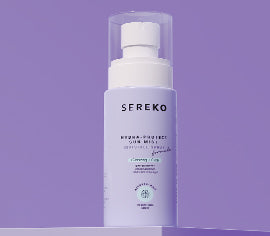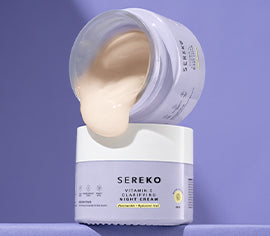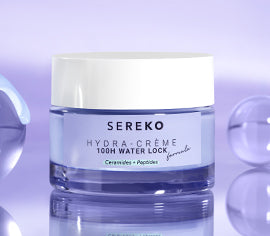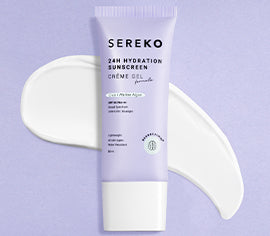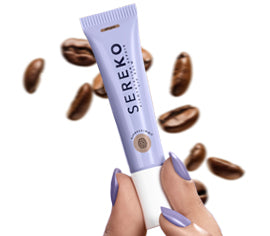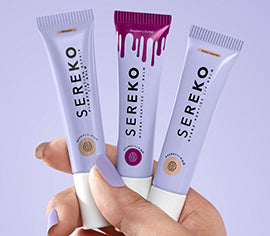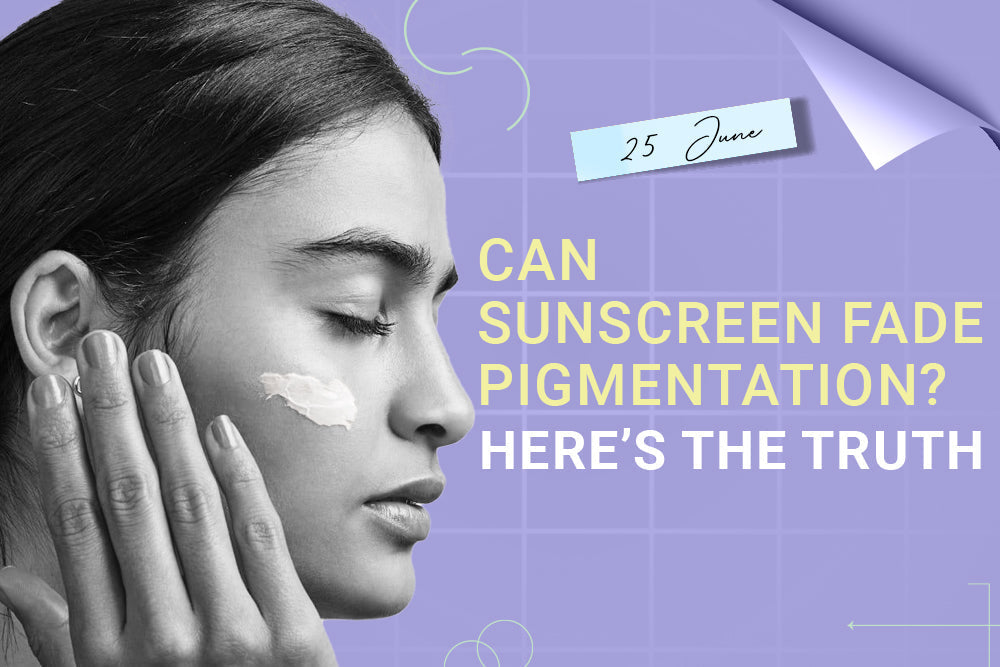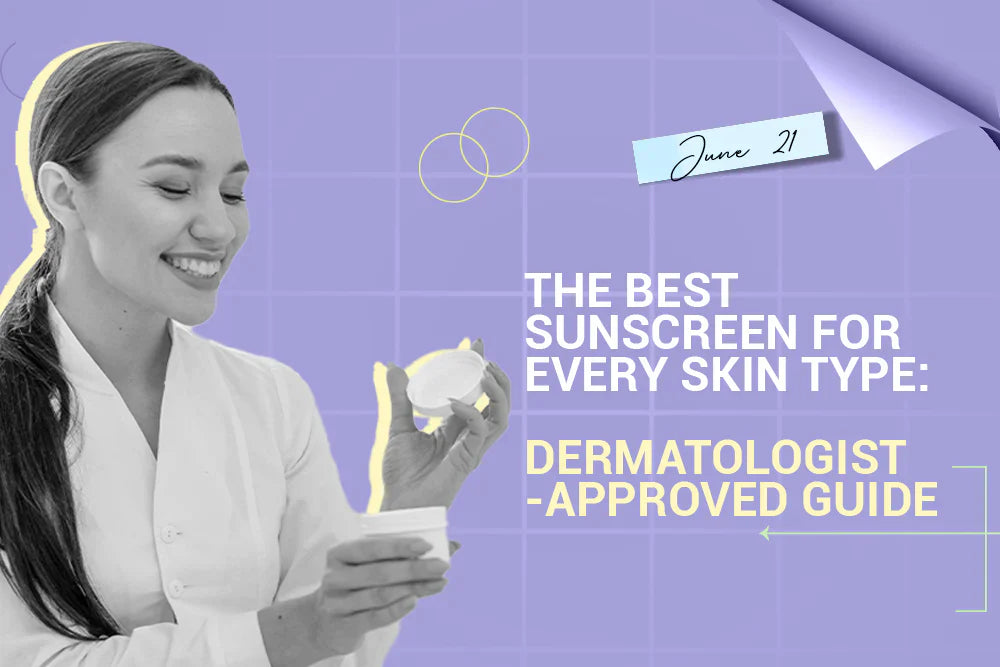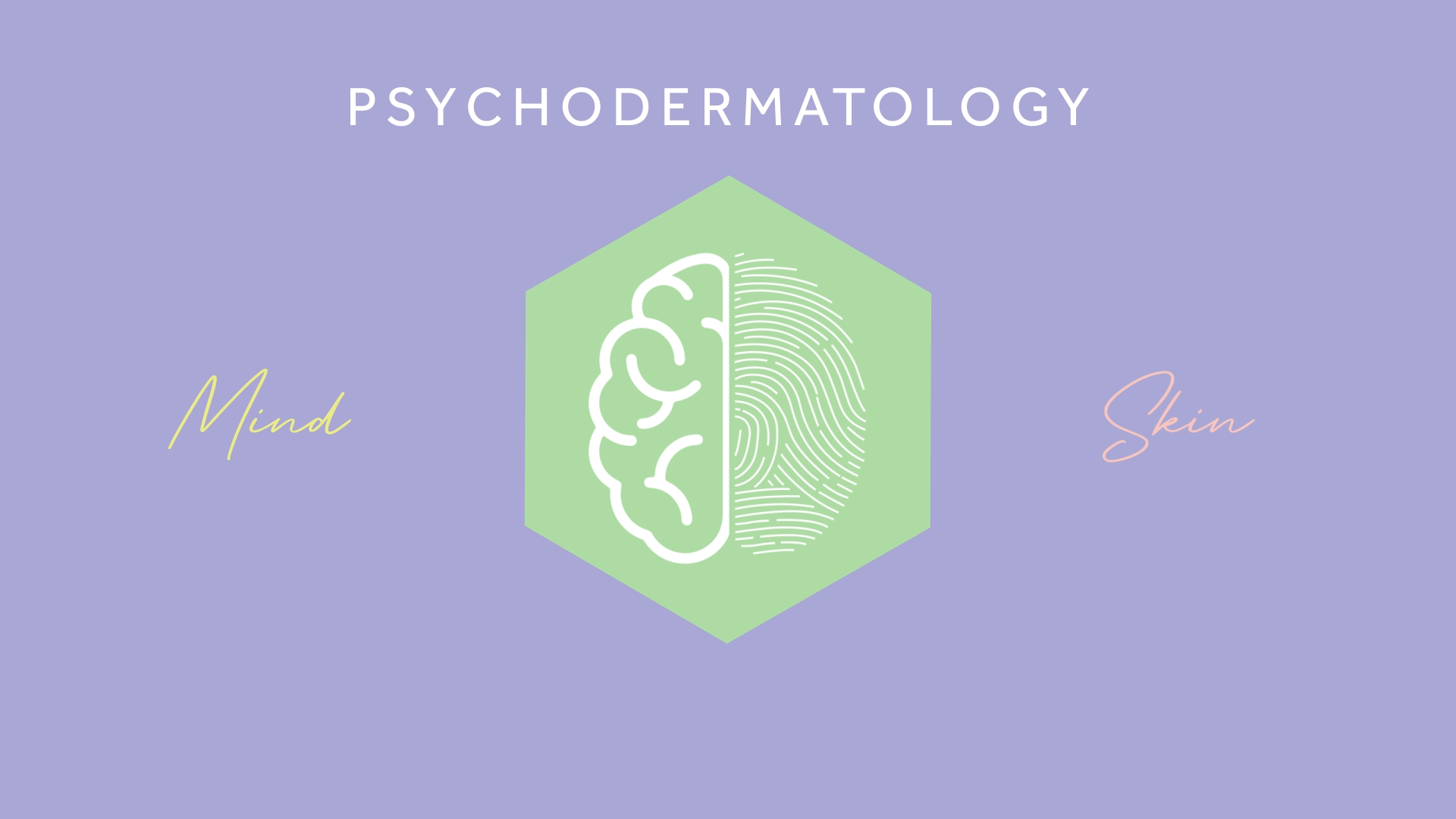You apply sunscreen to protect your skin, but could it actually reverse damage, too? Pigmentation, dark spots, and uneven tone are stubborn skin concerns many of us battle daily. While serums and peels often take centre stage in treatment plans, an everyday product might be doing more than just shielding you from the sun.
Could your humble SPF be a secret weapon in fading pigmentation? Let’s learn the truth behind the claim, what science says, what dermatologists know, and what results you can really expect.
What Is Pigmentation and Why Does It Happen?
Pigmentation refers to the colouring of your skin caused by melanin, the natural pigment produced by cells called melanocytes. When these cells become damaged or overactive, they produce too much melanin, leading to uneven skin tone, dark patches, or spots. This condition is commonly known as hyperpigmentation.
Pigmentation isn’t harmful in most cases, but it can be a persistent cosmetic concern for many, especially in climates with high sun exposure, high humidity, or pollution, all of which can affect your skin's natural balance.
Common causes of pigmentation and dark spots
Several internal and external factors can trigger or worsen pigmentation:
Sun exposure - The most common cause; UV rays stimulate melanin production.
Hormonal changes - Pregnancy, menopause, or birth control can lead to melasma (patchy pigmentation).
Post-inflammatory pigmentation - Dark spots that remain after acne, cuts, or other skin injuries.
Ageing - With time, the skin’s ability to renew slows down, leading to age or liver spots.
Genetics - If pigmentation runs in the family, you're more likely to experience it.
Certain medications or skincare reactions - Some ingredients can increase skin sensitivity and melanin production.
How sun exposure worsens pigmentation over time
UV radiation triggers your skin’s natural defence mechanism, which is the production of melanin. Although this response helps protect the deeper layers of your skin, repeated and unprotected exposure to the sun can cause an excess of melanin to form in certain areas. This often leads to dark spots, an uneven skin tone, and a dull appearance.
Even minimal daily exposure to the sun, such as walking to your car or sitting near a window, can build up over time. Without applying sunscreen every day, existing pigmentation may become darker and new spots may begin to appear. This makes it more difficult to maintain smooth, radiant, and even-toned skin.
Sunscreen is not only necessary for a day at the beach. It is a crucial step in your skincare routine that protects your skin every single day.
Can Sunscreen Fade Pigmentation?
Sunscreen plays a powerful role in managing and preventing pigmentation. While it may not erase existing dark spots overnight, consistent use of a broad-spectrum SPF can significantly improve overall skin tone, prevent further darkening, and support your skin's natural healing process.
What sunscreen actually does for dark spots
Sunscreen acts as a protective barrier against harmful ultraviolet (UV) rays, which are a major trigger for pigmentation. When skin is exposed to sunlight without protection, it produces excess melanin that leads to dark spots and uneven skin tone.
By shielding your skin from UV radiation, sunscreen prevents these spots from getting darker and helps preserve the results of other brightening treatments you may be using.
Sunscreen as a preventive solution for hyperpigmentation
Using sunscreen every day is one of the most effective ways to prevent new pigmentation from forming. Whether your dark spots are caused by acne scars, hormonal changes, or sun damage, unprotected exposure to UV rays can make them worse or cause new ones to appear. Daily SPF use protects your skin from this cycle, allowing it to stay balanced and even over time.
Does SPF help reduce existing pigmentation?
While sunscreen alone cannot completely remove existing pigmentation, it plays a critical role in fading it gradually. By protecting the skin from further damage, sunscreen gives your skin the chance to repair itself. When paired with active ingredients like vitamin C, niacinamide, or licorice root extract, SPF enhances the effectiveness of your pigmentation treatment and helps you maintain brighter, more even-toned skin over the long term.
Learn more: How SPF Works and Why It Matters: The Science Behind Sun Protection
Best Sunscreens for Pigmentation-Prone Skin
If your skin is prone to pigmentation, not just any sunscreen will do. You need formulas that go beyond basic UV protection, and the ones that actively brighten, strengthen your barrier, and prevent further dark spots from forming. Here are two high-performance best sunscreens that do exactly that:
1. Weightless Sun Fluid SPF 50 PA++++
This ultra-light, dewy sunscreen delivers powerful sun protection with a barely-there feel. Formulated with SPF 50 PA++++, it shields your skin from UVA and UVB rays while leaving a radiant, luminous finish.
What sets it apart? A potent blend of Vitamin C and Ceramides that helps brighten dull skin, even out pigmentation, and restore your skin’s natural barrier.
Key Benefits:
- Instantly absorbs into the skin with zero white cast
- Boosts glow while preventing sun-induced dark spots
- Strengthens a weakened barrier with long-lasting hydration
Hero Ingredients:
-
Kakadu Plum – Rich in Vitamin C, it evens skin tone and supports collagen production
-
Ceramides – Strengthen the skin barrier and lock in moisture
Best For:
Pigmentation, tanning, sun damage, dryness, and stressed skin
2. 24H Hydration Sunscreen
This water-light crème gel is the ideal sunscreen for everyday use, especially for those who wear makeup. It delivers broad-spectrum SPF protection, 24-hour hydration, and a cooling, soothing sensation thanks to its skin-calming ingredients.
Formulated to reduce sun spots, pigmentation, and premature ageing, it also supports your skin’s emotional well-being through stress-soothing ingredients, a true fusion of skincare and psychodermatology.
Key Benefits:
- No white cast and layers beautifully under makeup
- Provides intense hydration and antioxidant protection
- Calms irritated, sun-exposed skin
Hero Ingredients:
-
Cica - Soothes sunburn and reduces inflammation
-
Marine Algae - Delivers deep hydration and antioxidant defence
Best For:
Pigmentation, dullness, uneven texture, and sun-stressed skin.
Both of these sunscreens are designed to target pigmentation at its root, while enhancing your skin’s glow and resilience over time.
Remember, daily sunscreen use is your first step toward fading existing spots and preventing new ones, and with the right formula, it can feel as good as it looks.
The Golden Rules of Sunscreen Application
Apply sunscreen every morning as the final step in your skincare routine, even on cloudy days or when staying indoors. UV rays can penetrate windows and contribute to pigmentation and ageing.
How to apply:
- Use the two-finger rule: a strip of sunscreen along the length of your index and middle
- finger for your face and neck. For your entire body, aim for about a shot-glass amount.
When to apply:
- Apply sunscreen after applying moisturizer and before doing your makeup.
- Make sure to apply it at least 15 minutes before sun exposure to allow proper absorption.
Reapply every 2 hours when you're outdoors, or if you're exposed to direct sunlight for extended periods.
Tips for reapplying SPF without ruining your makeup
Reapplying sunscreen over a full face of makeup can feel like a disaster waiting to happen. But it doesn’t have to be. With the right products and a few simple tricks, you can stay protected and keep your makeup intact.
One of the easiest ways? A sunscreen mist. We love the Hydra-Protect Sun Mist for this; it’s SPF 50 PA++++ with New Gen UV Filters, super lightweight, and gives your skin a fresh, dewy glow without messing up your base. Just spritz it on, and you’re good to go. It’s perfect for your desk, your bag, or anywhere in between.
The key is to reapply every couple of hours if you’re out and about and to pick formulas that play well with your routine. Sunscreen doesn’t have to be a chore, especially when it feels this refreshing.
How to Layer Sunscreen with Skincare for Bright, Even Skin
Layering your skincare products the right way can make a huge difference in achieving radiant, even-toned skin, especially when pigmentation is a concern. Think of sunscreen as the final shield that locks in the benefits of your routine while protecting your skin from UV-triggered pigmentation.
Here’s the ideal morning skincare layering order:
1. Cleanser – Start with a gentle, brightening cleanser to remove impurities and prep your skin.
2. Toner – Use a hydrating or exfoliating toner to smooth and balance the skin.
3. Serum – Apply a pigmentation-fighting serum with ingredients like Vitamin C or niacinamide.
4. Moisturizer – Seal in hydration with a lightweight, barrier-repairing formula.
5. Sunscreen – Finish with a broad-spectrum SPF 50, PA ++++ sunscreen or higher. Reapply every 2 hours when outdoors.
Layering correctly helps active ingredients work more effectively and ensures that sunscreen forms a proper protective barrier.
How Long Does It Take for Sunscreen to Fade Pigmentation?
Sunscreen helps fade pigmentation gradually, but it takes time and consistency. While sunscreen doesn’t bleach dark spots, it stops them from getting worse and creates the perfect environment for skin repair.
What Results Can You Expect with Daily Sunscreen Use?
With daily sunscreen use, many people notice improvements in their skin tone and reduced pigmentation in 4 to 12 weeks, depending on the severity of the spots and your overall skincare routine. By protecting skin from UV exposure, sunscreen allows brightening ingredients to work without interference from environmental damage.
Visible improvements include:
- Less darkening of existing spots
- Brighter, more even skin tone
- Smoother texture and reduced inflammation
Why Daily SPF Is Essential in Your Pigmentation Routine
Sunscreen is not optional — it’s a non-negotiable step if you’re treating pigmentation. Without SPF, dark spots caused by sun exposure will continue to deepen, and new ones may form.
Even the most effective serums won’t work if your skin is constantly under UV stress. Daily SPF blocks this trigger, helping your actives work better and your skin heal faster.
Is Sunscreen Alone Enough to Treat Pigmentation?
While sunscreen is critical for preventing pigmentation, it’s not a standalone treatment. SPF protects, but it doesn’t actively fade existing spots on its own. For visible improvement, it needs to be paired with targeted skincare.
Combine Sunscreen with Serums and Actives for Faster Results
For best results, combine your sunscreen with clinically proven actives like:
-
Vitamin C – Brightens skin and fades hyperpigmentation
-
Niacinamide – Reduces the appearance of dark spots and strengthens the skin barrier
-
AHAs/BHAs – Gently exfoliate and speed up cell turnover
- Retinoids – Help fade stubborn pigmentation and improve texture (PM use only)
Layer your SPF over these actives in the morning, and reapply throughout the day to prevent new damage.
Conclusion
Sunscreen might not be a magic eraser for pigmentation, but it’s one of the most powerful tools in your skincare arsenal. By protecting your skin from ongoing UV damage, it creates the ideal environment for other treatments like vitamin C, retinoids, or exfoliants to work effectively and safely. Just as importantly, it helps prevent new pigmentation from forming, stopping the cycle before it starts.
Fading dark spots takes time, but daily, consistent sunscreen use is a simple habit that yields real, long-term results. If you’re serious about clearer, more even-toned skin, sunscreen isn’t optional; it’s essential.
And if you ever feel lost in that skincare aisle, feel free to hop onto our sun protection range. We have a sunscreen for every skin type and concern.


